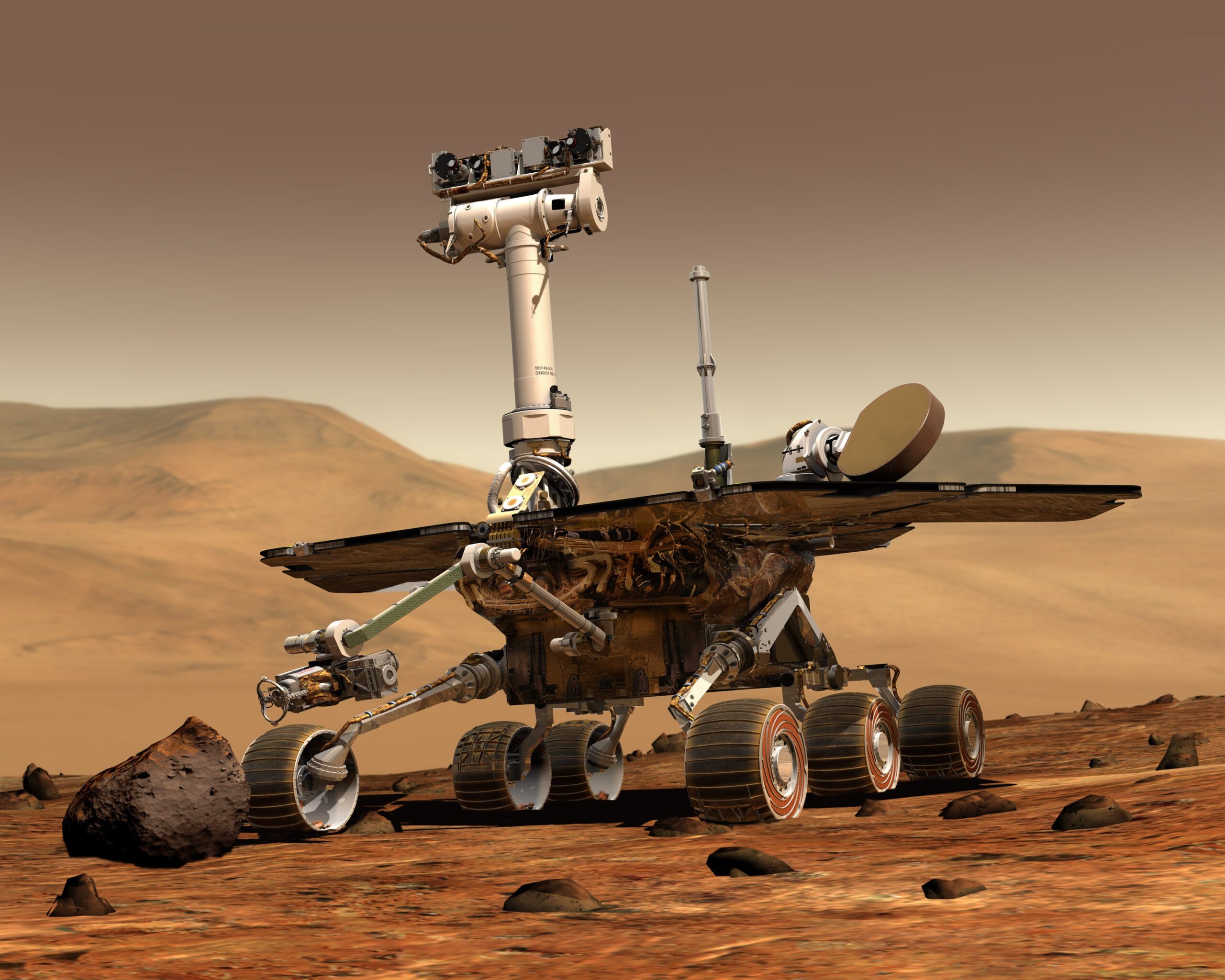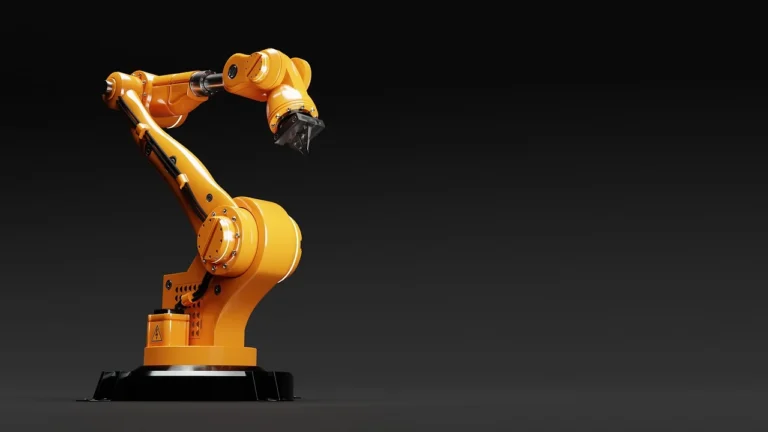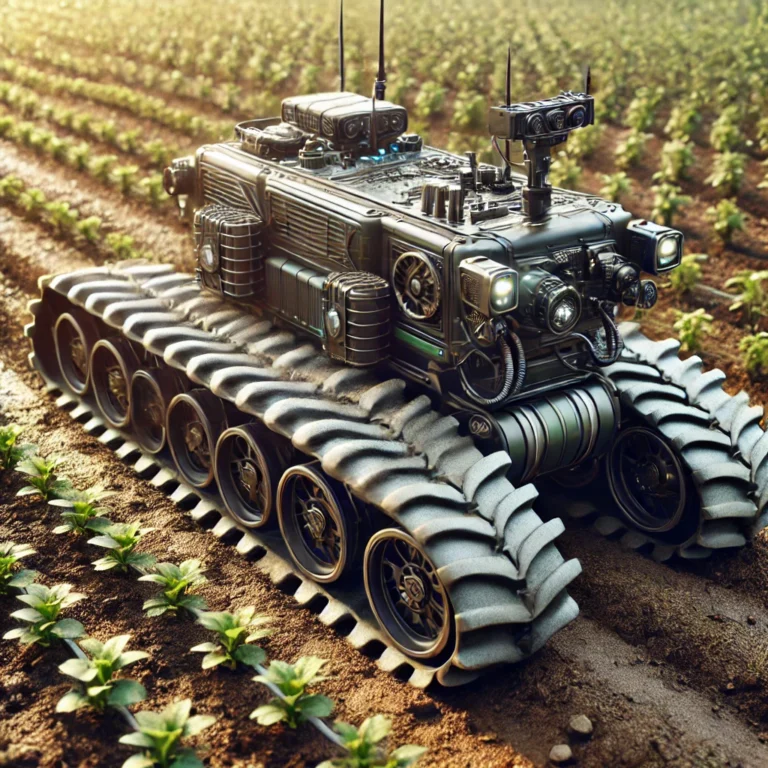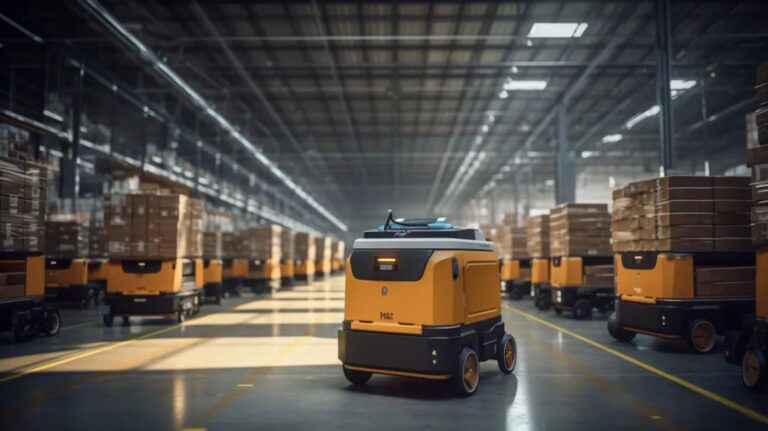We help the world since 2012

Unlocking Power Flexibility for Next-Gen Robotics: The Advantages of Modular DC-DC Converters
Modular DC-DC converters are transforming modern robotics, offering flexible and efficient power solutions for various applications. These converters provide adaptability, enabling robots to perform tasks in industrial automation, drones, medical devices, and exploration systems with ease.
What Are Modular DC-DC Converters?
A modular DC-DC converter is a flexible, scalable power solution that allows for easy customization of power configurations. Unlike fixed power modules, these converters offer adaptable input and output voltage ranges, making them ideal for robotics where power needs can fluctuate depending on the application.
How Do Modular Converters Benefit Robotics?
1. Industrial Automation: Adaptive Power Requirements
With the rise of automation, industrial robots perform increasingly complex tasks. Power requirements often shift as robots move between operations. Modular DC-DC converters allow for real-time adjustments, providing the necessary flexibility to ensure continuous, optimized power distribution. This adaptability is especially useful in manufacturing environments where robots handle diverse workloads.
- How can modular converters improve power efficiency in industrial robots?
Answer: By allowing for on-the-fly power adjustments, these converters reduce energy wastage, keeping robots running efficiently regardless of the task.*
2. Autonomous Drones: Lightweight and Efficient
Autonomous drones, from UAVs to inspection robots, require lightweight components to maximize flight time and battery efficiency. Modular DC-DC converters are ideal for this, offering high power efficiency in compact form factors. Their scalability also means that multiple power configurations can be tested and applied depending on drone size and purpose.
- What is the advantage of using modular DC-DC converters in drones?
Answer: Modular converters optimize the power-to-weight ratio, crucial for extending flight duration and enhancing drone maneuverability.*
3. Medical Robotics: Customized Power for Precision
Medical robots are becoming vital in surgical procedures and patient care, where precision is key. These robots need reliable, isolated power to operate safely in healthcare environments. Modular DC-DC converters deliver stable power, ensuring medical robots perform delicate tasks with minimal risk of interference or power fluctuations.
- How do modular converters improve safety in medical robots?
Answer: They provide isolated and stable power, reducing the risk of electrical interference, which is critical for maintaining the accuracy of medical procedures.*
4. Exploration Robots: Powering Harsh Environments
Robots designed for space exploration, underwater missions, or extreme weather conditions require power solutions that are both rugged and flexible. Modular DC-DC converters offer customizable voltage settings and enhanced durability, making them well-suited for robots deployed in these environments. Whether navigating the surface of Mars or exploring deep-sea trenches, reliable power is crucial.
- What makes modular DC-DC converters suitable for extreme conditions?
Answer: These converters are designed to withstand harsh environments while providing adaptable power settings, ensuring robots can operate smoothly in unpredictable terrains.*
What Are the Key Features of Modular DC-DC Converters?
Modular converters stand out due to several distinct features:
- Scalability: Easily adjustable to match evolving power needs in robotics.
- Efficiency: Provides high power conversion efficiency, reducing energy waste in battery-operated robots.
- Compact Design: The small form factor makes them ideal for space-constrained applications such as drones or wearable robots.
- Isolation: Essential for medical and sensitive robotic applications, ensuring electrical separation between different parts of the system.
Common Applications of Modular DC-DC Converters in Robotics
- Exoskeletons and Wearable Robotics
- Used in healthcare and rehabilitation, wearable robots assist in physical therapy or augment human strength. These systems require lightweight, portable power, and modular DC-DC converters meet this need effectively.
- Autonomous Vehicles
- From self-driving cars to robotic delivery vehicles, these systems depend on efficient power management to ensure smooth operation. Modular converters allow engineers to tweak power settings to meet performance demands, even in complex, changing environments.
- Agricultural Robotics
- Robots in agriculture now perform critical tasks such as crop monitoring, planting, and harvesting. Modular DC-DC converters ensure that these machines have reliable, efficient power, whether they are working in the field or navigating rugged terrain.
Frequently Asked Questions
- Q: Can modular DC-DC converters be customized for specific robotic applications?
A: Yes, modular converters are highly customizable. Engineers can adjust the voltage, isolation, and other features to fit specific robotic power needs. - Q: What industries benefit the most from modular DC-DC converters?
A: While industrial automation and medical robotics are prime examples, these converters are also essential in aerospace, agriculture, and autonomous systems. - Q: Are modular converters more efficient than fixed-output power supplies?
A: Yes, modular DC-DC converters offer higher efficiency because they can be adjusted to the exact power needs of the system, reducing energy waste.
Conclusion
As robots continue to perform more complex tasks across various industries, the need for adaptable, efficient power solutions becomes even more critical. Modular DC-DC converters offer the perfect solution by providing flexibility, scalability, and efficiency. From industrial robots to drones and medical devices, these converters ensure robots operate at peak performance, no matter the environment or task.




